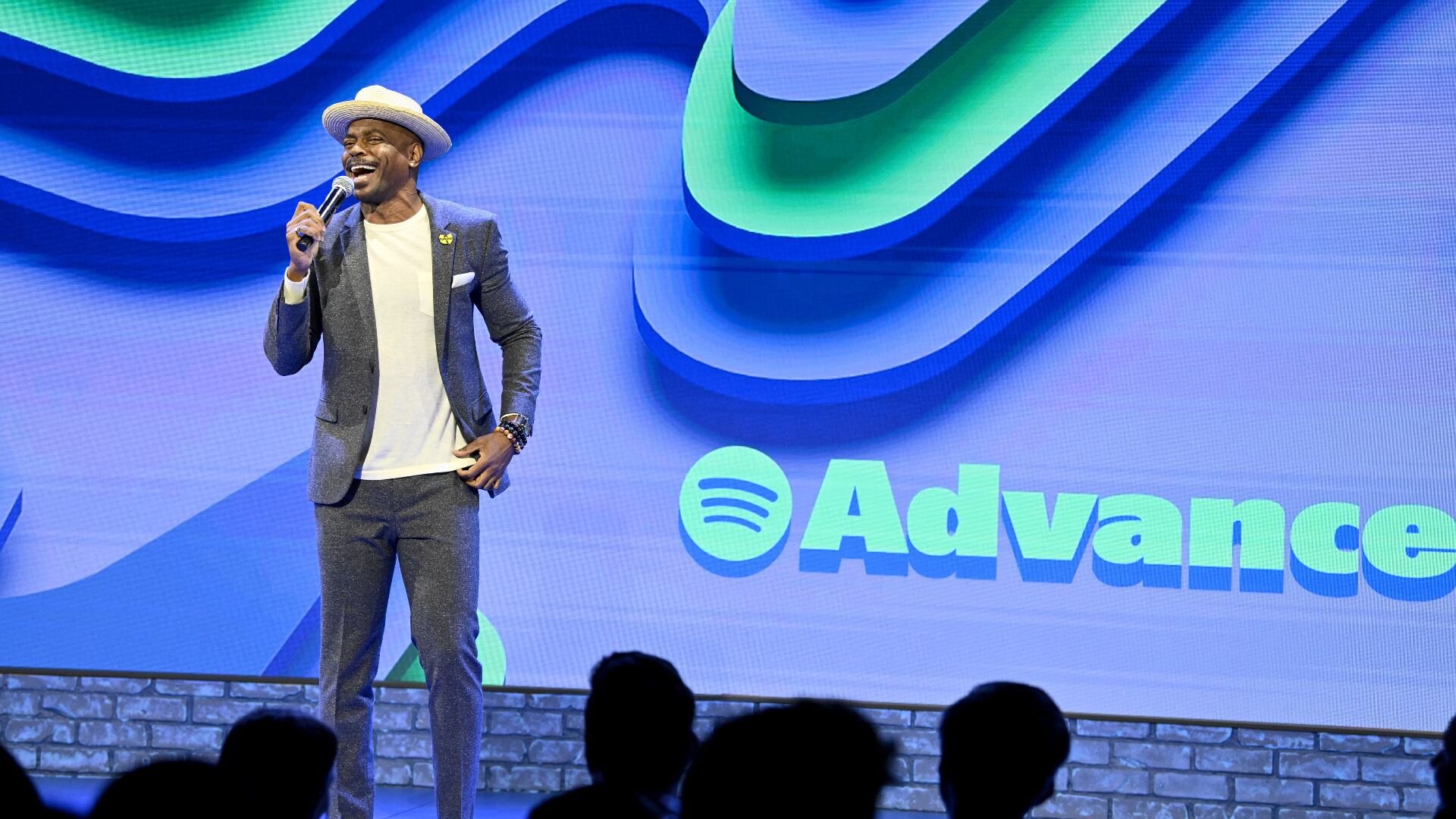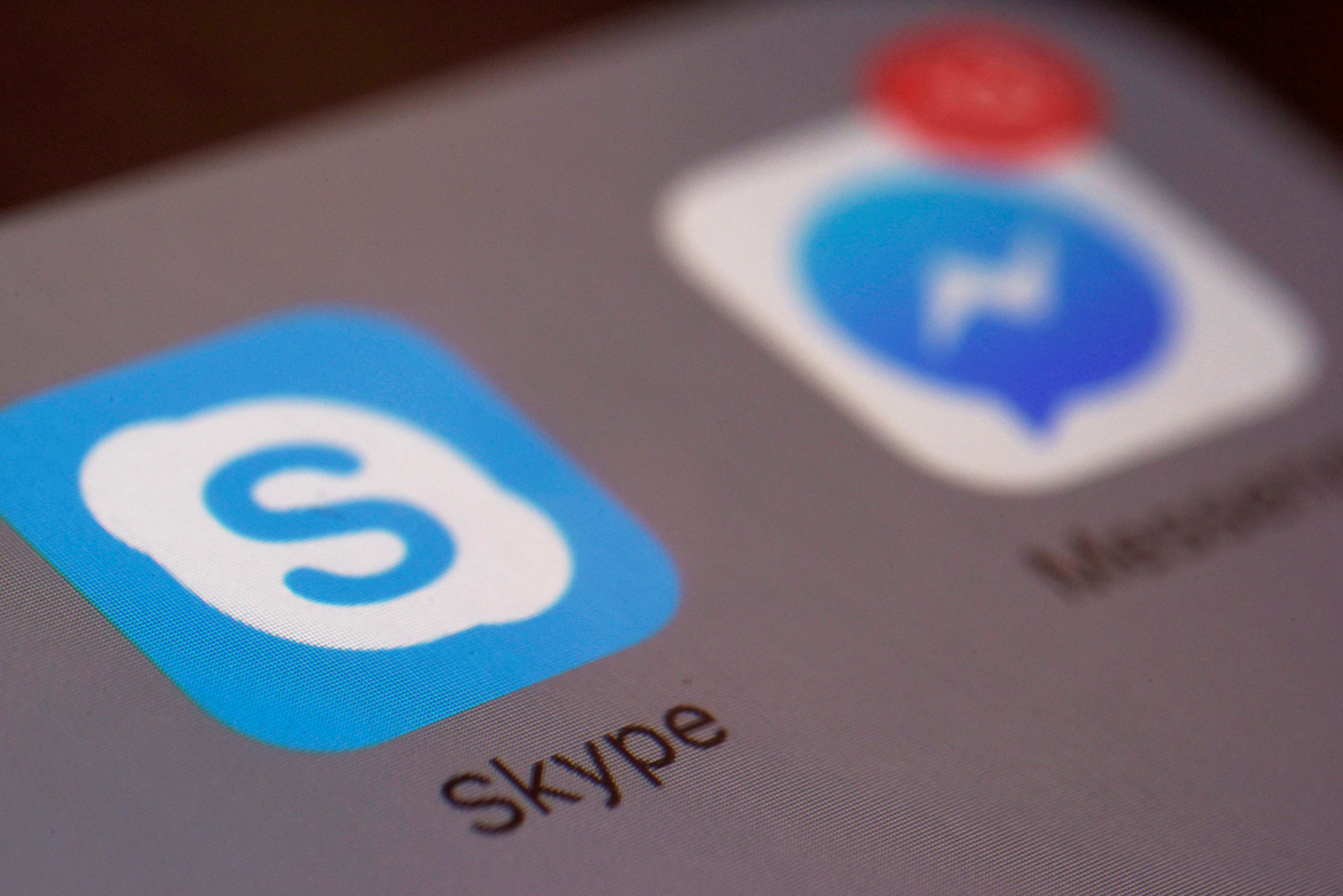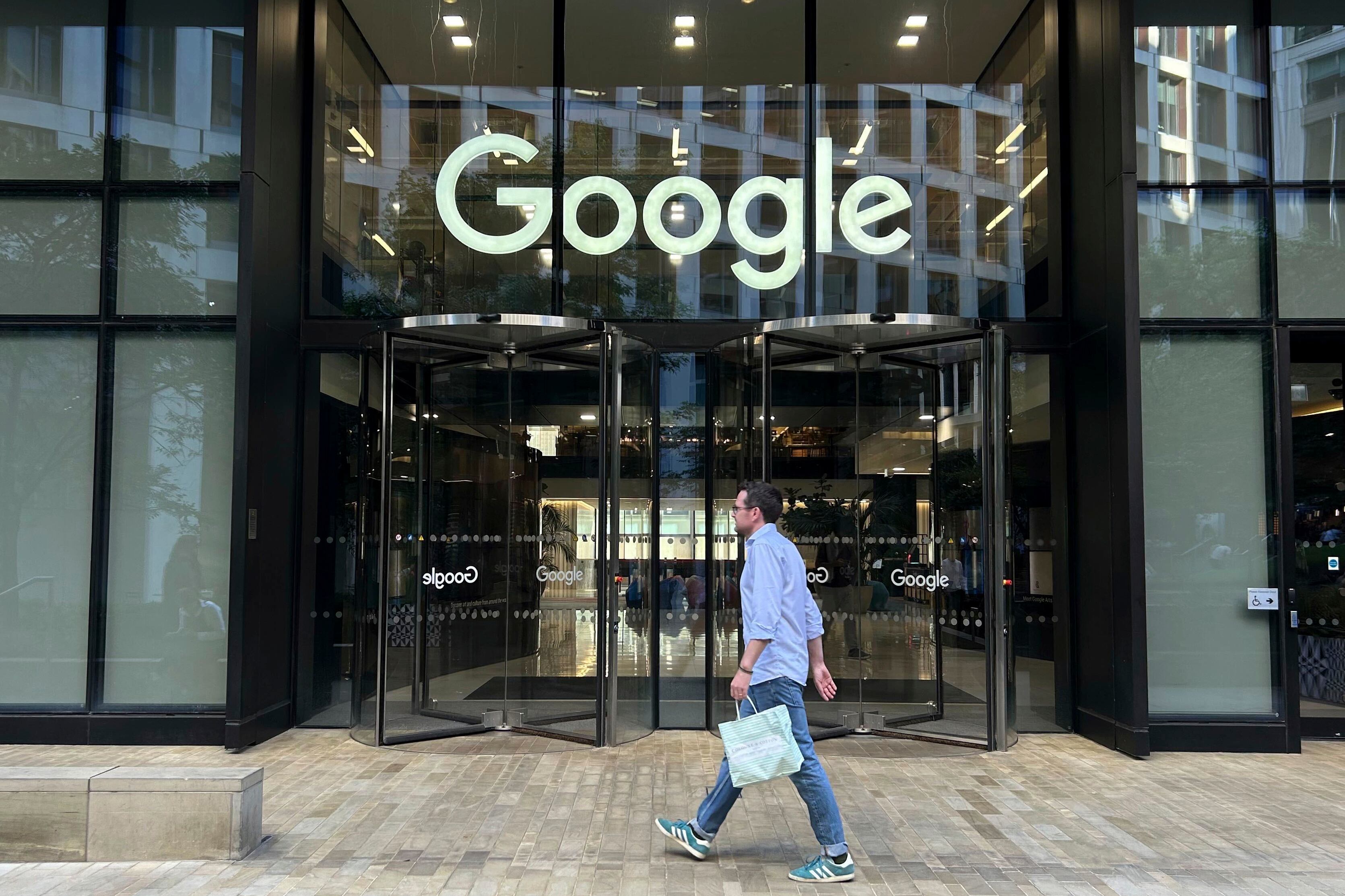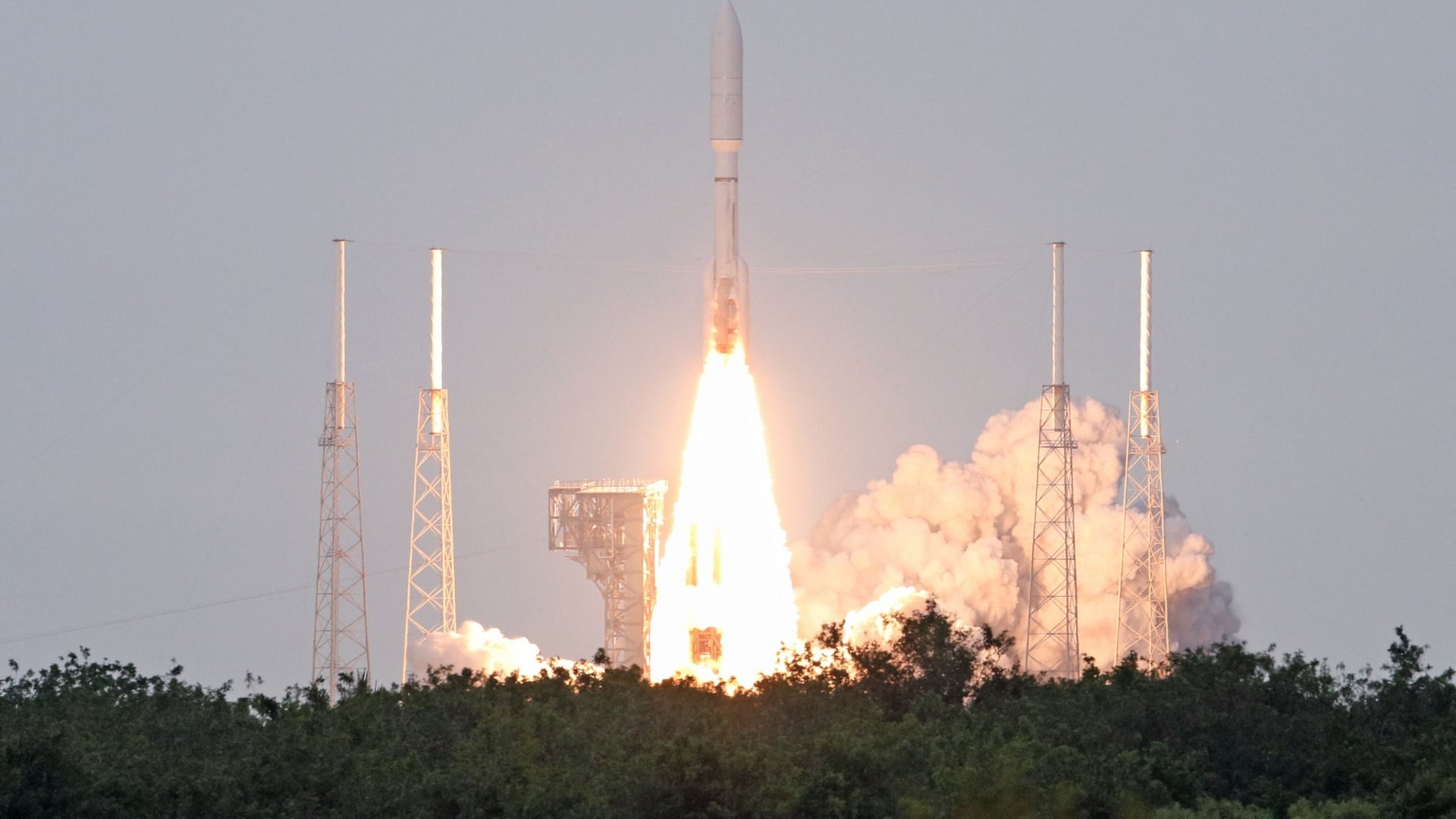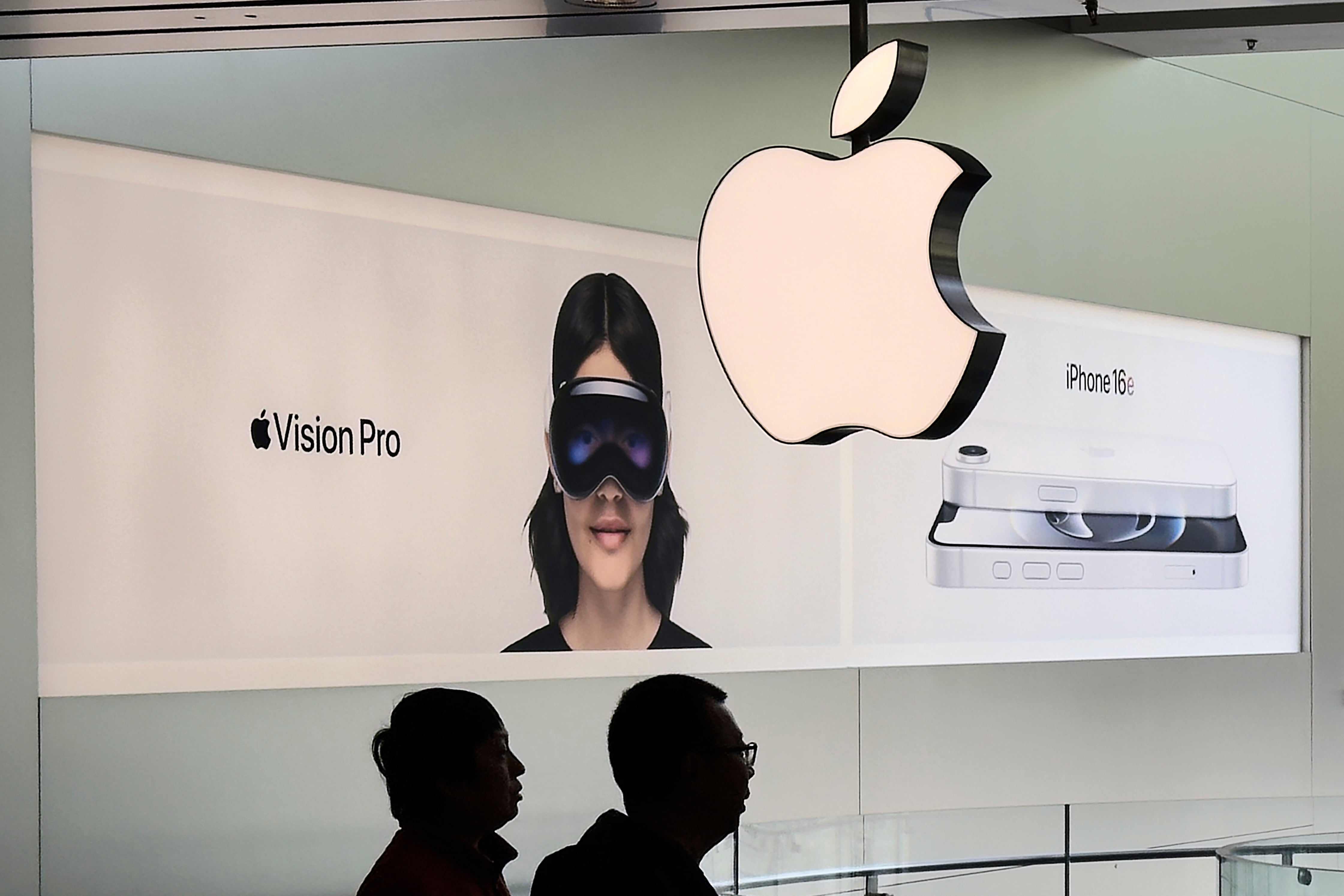By Michael Liedtke
California regulators have revoked the license of a robotaxi service owned by General Motors after determining its driverless cars that recently began transporting passengers throughout San Francisco are a dangerous menace.
The California Department of Motor Vehicles' indefinite suspension of the Cruise robotaxi service comes just two months after another state regulator, the Public Utilities Commission, approved an expansion that authorized around-the-clock rides throughout San Francisco — the second most dense city in the U.S.
That approval came over a chorus of protests, including some lodged by police and fire officials who asserted the driverless vehicles had been impeding traffic in emergencies during a testing phase.
Now Cruise is being forced to slam on the brakes on its operations after the DMV concluded its robotaxis posed “an unreasonable risk to public safety,” according to a statement issued by the agency.
The DMV didn't elaborate on the specific reasons for the suspension, but the move comes after a series of incidents that heightened concerns about the hazards and inconveniences caused by Cruise's robotaxis. The worries reached a new level earlier this month after a Cruise robotaxi ran over a pedestrian who had been hit by another vehicle driven by a human, and then pinned the pedestrian under one of its tires after coming to a stop.
In a statement, Cruise confirmed it has ceased its robotaxi operations in San Francisco. It said it is continuing to cooperate with state and federal regulators in their inquiry into the Oct. 2 accident involving a robotaxi named “Panini” and the critically injured pedestrian, who had to be extracted from under the robotaxi with the help of the “jaws of life” before being taken to a local hospital. Cruise said its engineers are examining that accident and working on way for its robotaxis to improve their response “to this kind of extremely rare event.”
While Cruise has been sidelined in San Francisco, another robotaxi operated by Waymo is continuing to give rides throughout the city. Waymo, which began as as secret project within Google more than a decade ago, has been running another robotaxi service in Phoenix for the past three years. Although its robotaxis haven't been involved in a major accident in San Francisco, Waymo's vehicles also have come to sudden stops that have backed up traffic in the city.
The California suspension is a significant blow to GM and its ambitious goals for Cruise, which the Detroit automaker has predicted will generate $1 billion in revenue by 2025 — a big jump from Cruise’s revenue of $106 million last year when it also lost nearly $2 billion. Cruise also is testing a robotaxi service in Los Angeles, where protests against it already have been percolating, as well as Phoenix and Austin, Texas.
In a conference call held Tuesday before California regulators moved against Cruise, GM CEO Mary Barra hailed Cruise and its autonomous vehicles, or AVs, as a big breakthrough in the future of transportation.
“As Cruise continues to push the boundaries and what AV technology can deliver to society, safety is always at the forefront and this is something they are continuously improving,” Barra said.
But Cruise's robotaxis appeared to be heading in the wrong direction even before Tuesday's abrupt suspension. After a pod of the vehicles came to an abrupt stop and blocked traffic on a Friday night in a popular San Francisco neighborhood less than 48 hours after they received approval to expand operations in the city, civic leaders initiated a move to revoke their permit. The DMV initially asked Cruise to cut its driverless fleet in San Francisco in half, a request accepted by the company.
